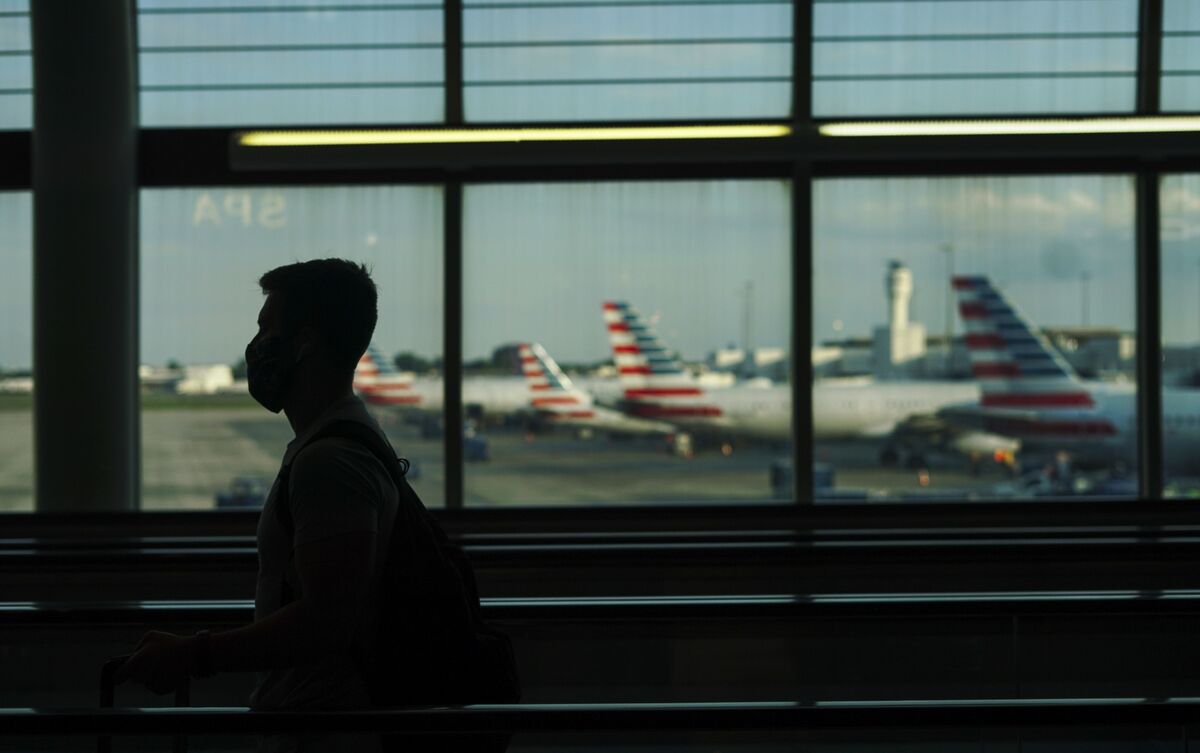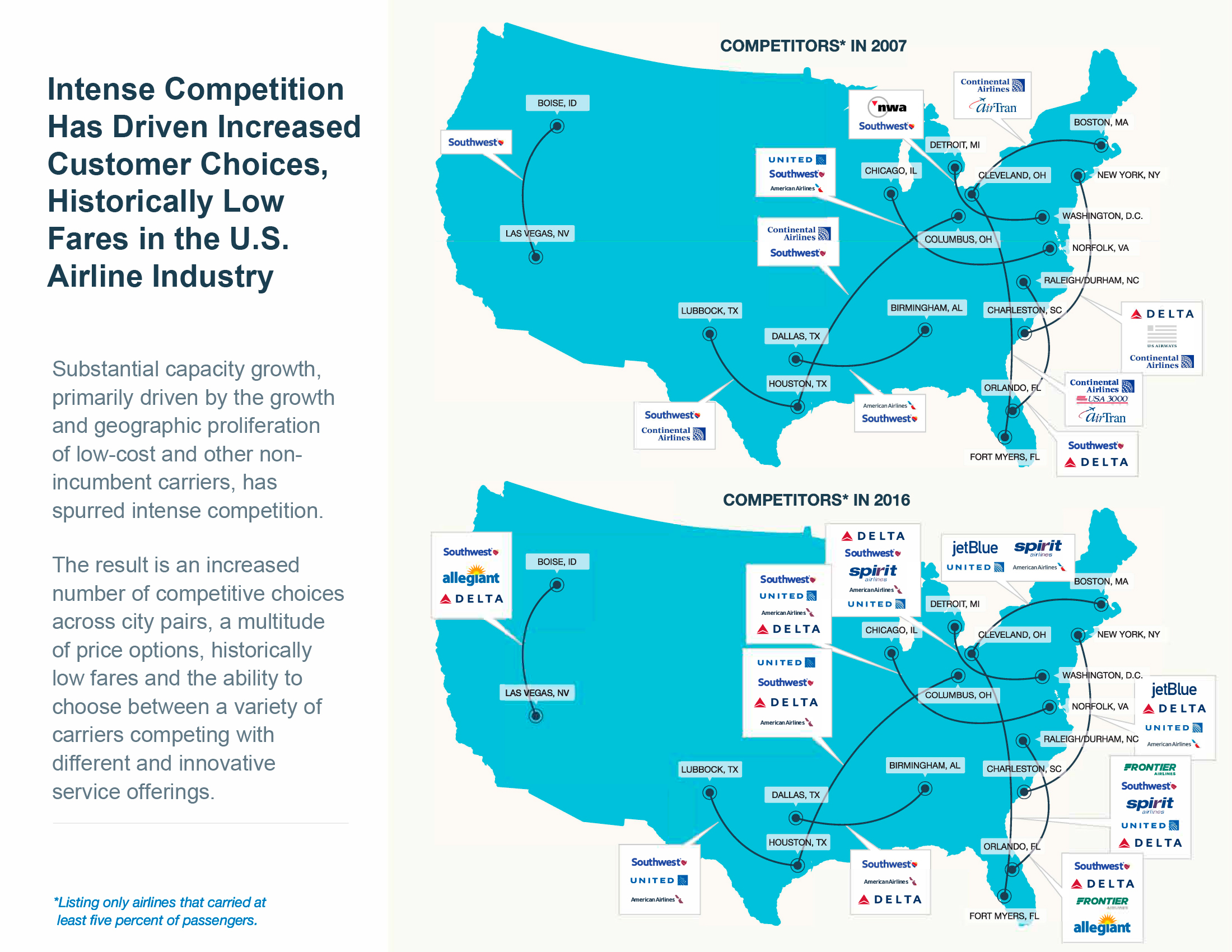The Great Air Travel Downturn: Billion-Dollar Airlines Left Empty Seats - The Surprising Reason Why Customers Are Cutting Back
The world of air travel is on the brink of a crisis. Billion-dollar airlines, once the epitome of luxury and comfort, are now left empty seats as customers cut back on non-essential travel. This phenomenon has left many in the industry scratching their heads, wondering what could be behind such a drastic shift in consumer behavior. As we delve into the world of air travel, it becomes clear that there are several surprising reasons why customers are opting out of flights. In this article, we will explore the underlying causes of this trend and what it means for the future of the industry.
The Rise of Remote Work and the Decline of Business Travel
One of the most significant factors contributing to the decline in air travel is the rise of remote work. With the advent of digital communication tools and cloud-based software, many employees can now perform their jobs from anywhere in the world, eliminating the need for business travel. This shift has resulted in a significant decline in demand for business class flights, with many companies opting for cost-cutting measures rather than investing in expensive business travel programs.
Many airlines have reported a significant decline in bookings for business class, with some reporting losses of up to 20% in recent months. This decline is not limited to business class, as economy class bookings have also taken a hit. With the rise of remote work, many employees are opting for cheaper flights and avoiding the expense of business travel altogether.
The Impact of Remote Work on Airlines
The rise of remote work has had a significant impact on the airline industry. With fewer business travelers, airlines are struggling to maintain revenue. To compensate, many airlines have been forced to reduce their flights, lay off staff, and cut back on services. This has resulted in a decrease in the overall quality of service, leaving customers feeling frustrated and disillusioned.
How Airlines Are Adapting to the New Reality
To adapt to the new reality of remote work, airlines are being forced to rethink their business models. Many airlines are now focusing on leisure travel, offering more affordable flights and amenities to attract customers. This shift has resulted in a decrease in the number of flights and an increase in the number of cancellations.
Some airlines are also exploring alternative revenue streams, such as offering premium cabins and services for loyal customers. This approach has proven successful for some airlines, but others are struggling to adapt to the changing market.
The Rise of Sustainable Travel
Another factor contributing to the decline in air travel is the growing awareness of sustainability. With the increasing concern over climate change, many travelers are opting for more eco-friendly options. This shift has resulted in a decline in demand for air travel, as consumers seek out alternative modes of transportation.
Many airlines are now offering sustainable options, such as electric or hybrid aircraft, in an effort to reduce their carbon footprint. However, these options are still in the experimental phase, and it will be some time before they become widely available.
The Impact of Sustainable Travel on Airlines
The rise of sustainable travel has had a significant impact on the airline industry. With fewer travelers opting for air travel, airlines are struggling to maintain revenue. To adapt, many airlines are now focusing on sustainable options, investing in new technology and reducing their carbon footprint.
However, the shift towards sustainable travel is also resulting in a decline in the number of flights. With fewer travelers opting for air travel, airlines are being forced to reduce their capacity, resulting in fewer flights and longer travel times.
The Role of Technology in the Decline of Air Travel
Technology is also playing a significant role in the decline of air travel. With the rise of digital communication tools, many people are opting for more convenient and cost-effective options, such as video conferencing and messaging apps.
This shift has resulted in a decline in demand for air travel, as consumers seek out more affordable and convenient options. Many airlines are struggling to adapt to this shift, with some reporting losses of up to 10% in recent months.
How Airlines Are Using Technology to Adapt
To adapt to the changing market, airlines are now using technology to their advantage. Many airlines are now offering digital check-in and mobile boarding passes, making the air travel experience more convenient and efficient.
However, technology is also being used to reduce the number of flights. Many airlines are now using data analytics to optimize their flight schedules, reducing the number of flights and increasing the efficiency of their operations.
The Impact of Travel Bans and Restrictions
The COVID-19 pandemic has also had a significant impact on the airline industry. Travel bans and restrictions have resulted in a decline in air travel, as governments seek to slow the spread of the virus.
Many airlines have reported significant losses in recent months, with some reporting losses of up to 50%. The decline in air travel has also resulted in a decline in the number of flights, with many airlines reducing their schedules and cancelling flights.
The Impact of Travel Bans and Restrictions on Airlines
The impact of travel bans and restrictions on airlines has been significant. With fewer travelers opting for air travel, airlines are struggling to maintain revenue. To adapt, many airlines are now focusing on cargo operations, transporting essential goods and supplies to affected areas.
However, the decline in air travel has also resulted in a decline in the number of flights, with many airlines reducing their schedules and cancelling flights. This has resulted in a decrease in the overall quality of service, leaving customers feeling frustrated and disillusioned.
The Future of the Airline Industry
The decline of air travel is a worrying trend for the airline industry. With fewer travelers opting for air travel, airlines are struggling to maintain revenue. To adapt, many airlines are now focusing on sustainable options, investing in new technology and reducing their carbon footprint.
However, the shift towards sustainable travel is also resulting in a decline in the number of flights. With fewer travelers opting
Nikki C
Google My Business Ranking Checker
Justin Beiberead
Article Recommendations
- Brad Pitt Height In Feet
- Nikki C
- Tell Me Atory Kpkuang
- Angelaalvarez Fans
- Carly Jane Fans
- Michael Galeotti
- Malcolm Gladwell Wife
- Dennis Tissington Verdict
- Dakota Tyler
- Lisa Liberati



